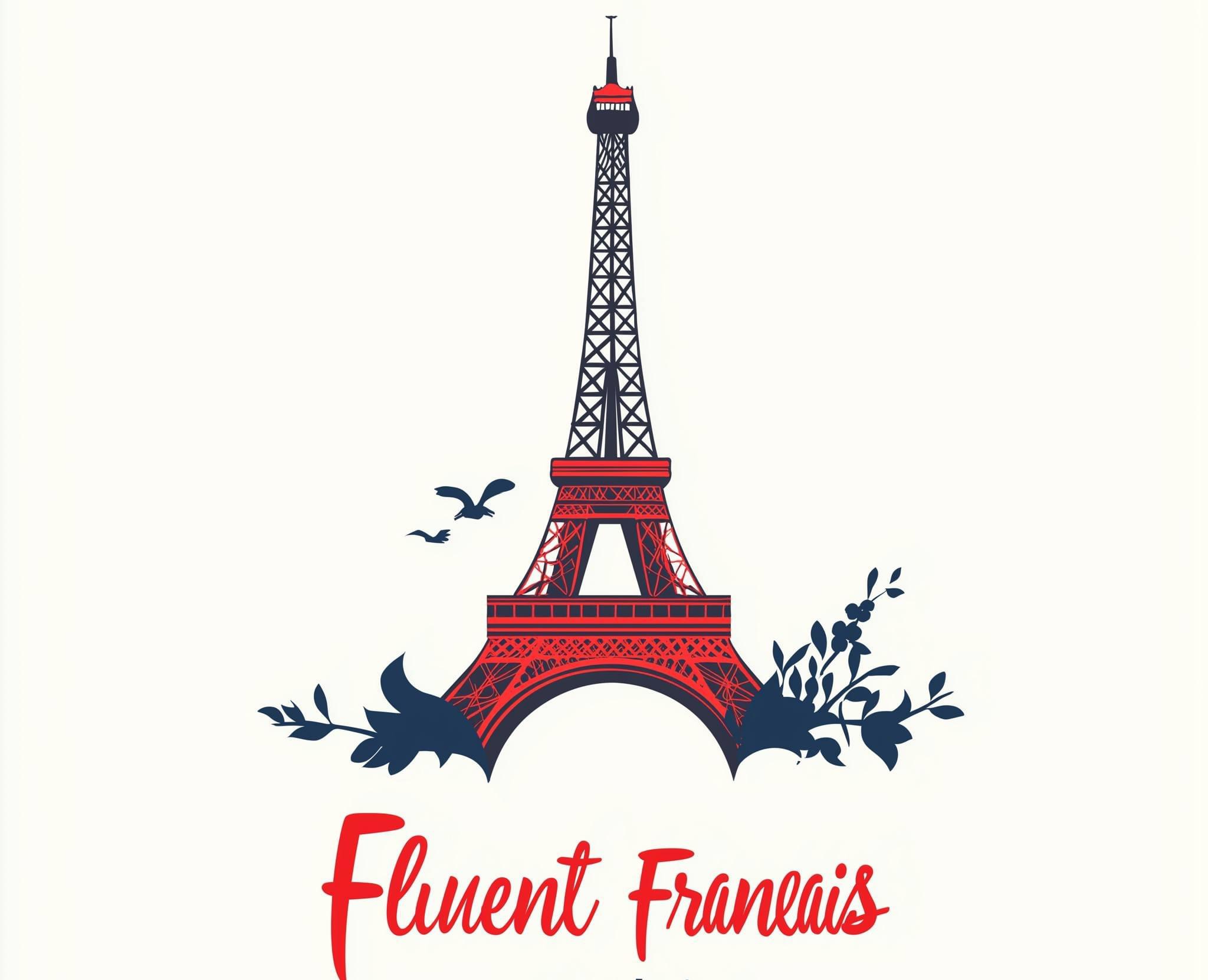A1 Lesson 14: Adjectives and Agreement in French
Lesson 14: Adjectives and Agreement in French
For Bengali Speakers:
Lesson 14: ফরাসিতে বিশেষণ এবং বিশেষণের সম্মতি
(Adjectives and Agreement in French)
এই পাঠে আমরা শিখব কিভাবে ফরাসিতে বিশেষণ ব্যবহার করতে হয় এবং বিশেষ্যর সাথে বিশেষণের লিঙ্গ এবং সংখ্যা অনুযায়ী সম্মতি (agreement) করতে হয়।
14.1 বিশেষণের লিঙ্গ এবং সংখ্যা (Gender and Number of Adjectives)
ফরাসিতে বিশেষণগুলি বিশেষ্যের সাথে লিঙ্গ (masculine বা feminine) এবং সংখ্যা (singular বা plural) অনুযায়ী পরিবর্তিত হয়। উদাহরণ:
• Masculine, Singular: grand (বড়) – Example: Un grand homme (একজন বড় মানুষ)
• Feminine, Singular: grande (বড়) – Example: Une grande femme (একজন বড় মহিলা)
• Masculine, Plural: grands (বড়) – Example: Des grands hommes (কিছু বড় মানুষ)
• Feminine, Plural: grandes (বড়) – Example: Des grandes femmes (কিছু বড় মহিলা)
14.2 নিয়মিত বিশেষণ (Regular Adjectives)
সাধারণ নিয়ম হল:
• Masculine singular রূপ অপরিবর্তিত থাকে।
• Feminine singular রূপে সাধারণত -e যোগ করা হয়।
• Masculine plural রূপে সাধারণত -s যোগ করা হয়।
• Feminine plural রূপে সাধারণত -es যোগ করা হয়।
Gender/Number (লিঙ্গ/সংখ্যা) Adjective (বিশেষণ) Example Sentence (উদাহরণ বাক্য)
Masculine Singular joli Un joli jardin (একটি সুন্দর বাগান)
Feminine Singular jolie Une jolie maison (একটি সুন্দর বাড়ি)
Masculine Plural jolis Des jolis jardins (কিছু সুন্দর বাগান)
Feminine Plural jolies Des jolies maisons (কিছু সুন্দর বাড়ি)
14.3 ব্যতিক্রম (Irregular Adjectives)
কিছু বিশেষণ আছে যেগুলি নিয়মের বাইরে চলে যায় এবং ব্যতিক্রম হিসেবে মনে রাখতে হয়। উদাহরণ:
• Beau (beautiful) → bel (feminine: belle, masculine plural: beaux)
• Example: Un bel arbre (একটি সুন্দর গাছ)
14.4 উদাহরণ বাক্য (Example Sentences)
1. Il est grand.
(সে বড়।)
2. Elle est petite.
(সে ছোট।)
3. Les maisons sont jolies.
(বাড়িগুলি সুন্দর।)
For English Speakers:
Lesson 14: Adjectives and Agreement in French
In this lesson, we will learn how to use adjectives in French and how they agree with the gender and number of the nouns they describe.
14.1 Gender and Number of Adjectives
In French, adjectives must agree in gender (masculine or feminine) and number (singular or plural) with the noun they modify. For example:
• Masculine, Singular: grand (big) – Example: Un grand homme (a big man)
• Feminine, Singular: grande (big) – Example: Une grande femme (a big woman)
• Masculine, Plural: grands (big) – Example: Des grands hommes (some big men)
• Feminine, Plural: grandes (big) – Example: Des grandes femmes (some big women)
14.2 Regular Adjectives
The general rule is:
• Masculine singular form remains unchanged.
• Feminine singular form usually adds -e.
• Masculine plural form usually adds -s.
• Feminine plural form usually adds -es.
Gender/Number Adjective Example Sentence
Masculine Singular joli Un joli jardin (a pretty garden)
Feminine Singular jolie Une jolie maison (a pretty house)
Masculine Plural jolis Des jolis jardins (some pretty gardens)
Feminine Plural jolies Des jolies maisons (some pretty houses)
14.3 Irregular Adjectives
Some adjectives do not follow regular patterns and must be memorized. For example:
• Beau (beautiful) → bel (before a vowel), belle (feminine), beaux (masculine plural)
• Example: Un bel arbre (a beautiful tree)
14.4 Example Sentences
1. Il est grand.
(He is tall.)
2. Elle est petite.
(She is small.)
3. Les maisons sont jolies.
(The houses are pretty.)
